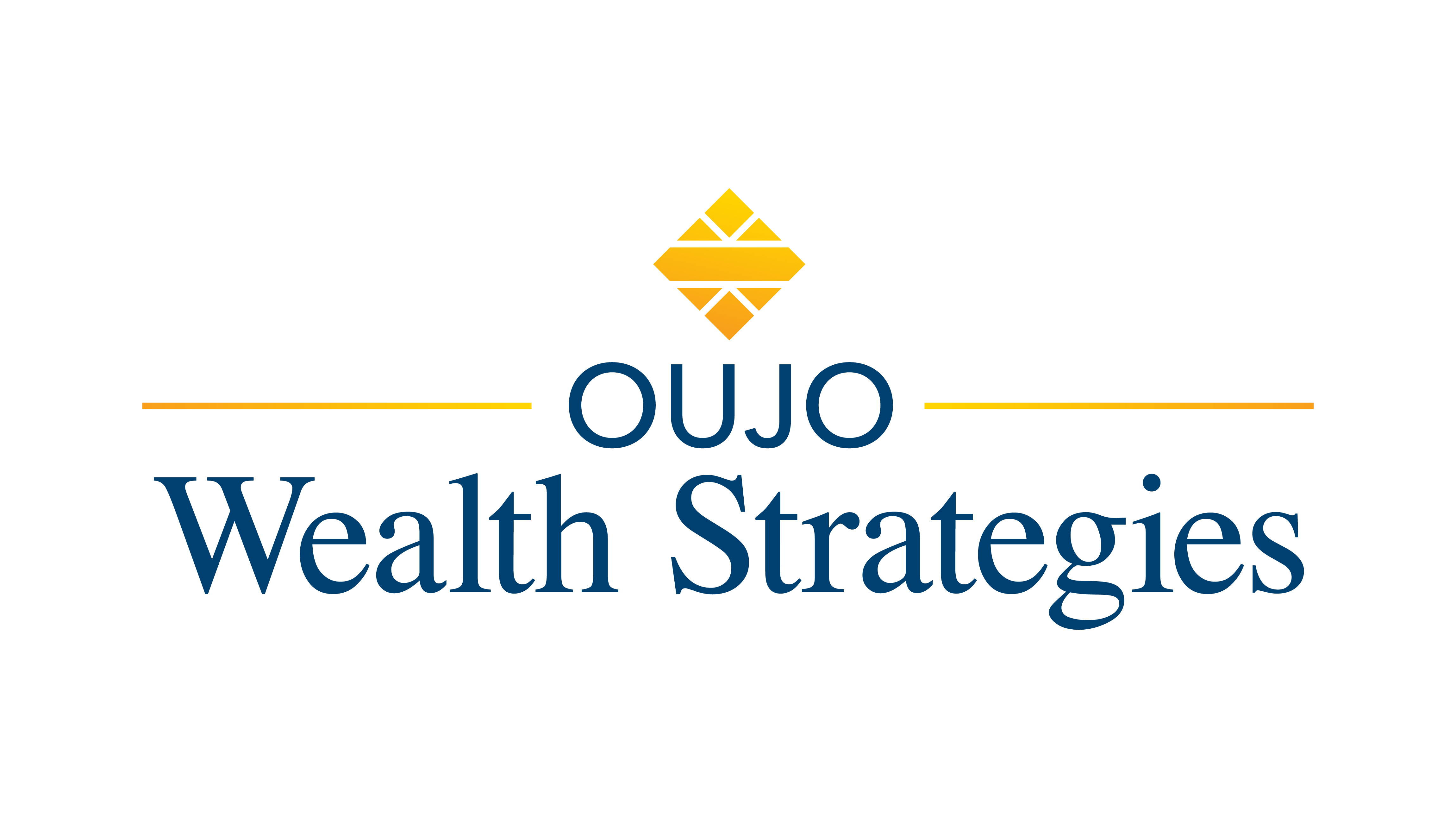 From the desk of Marianne Brown, CPA
From the desk of Marianne Brown, CPA
Consolidated Appropriations Act
December 30, 2020
Earlier this week, the President signed off on a new COVID-19 Stimulus Package. Please be aware that this is brand new legislation, and we are awaiting final details. Below are a few key areas of this new bill that may relate to you:
Second Round of Economic Income Payments
The original CARES Act from March of 2020 included Economic Income Payments of $1,200 per eligible adult ($2,400/married couple) and $500 per eligible dependent. This bill includes a second round of these payments. The payments are $600 per eligible adult ($1,200/married couple) and $600 per eligible dependent for this second round. Please see some important notes about these payments below:
- There are income phase outs similar to the last payments
- Single Filers start to phase out at an AGI (Adjusted Gross Income) of $75,000 for 2020
- Joint Filers start to phase out at an AGI of $150,000 for 2020
- If you were not eligible for the original payments because your 2019 income was too high BUT your income has decreased in 2020 below the above limits, you will receive this benefit through a credit on your 2020 income tax return.
- These payments ARE NOT taxable income.
- The IRS can send these payments through direct deposit, debit card, or check.
- We are waiting on more guidance as to how each eligible person will receive their payment.
- We expect them to be paid similar to the last round of payments.
- We also expect the IRS to have an opportunity for taxpayers to enter their information through the irs.gov website.
- The president proposed the payments be increased to $2,000 but the Senate has rejected this as of the date of this letter. We will keep you updated regarding any further developments in this area.
- I’d expect payments to be sent out within the next few weeks.
- If you DO NOT receive this payment, do not panic as it could be requested as a refundable credit on your 2020 income tax return.
Required Minimum Distributions (RMDs)
The CARES Act allowed people to forego their 2020 RMDs. There is no mention of RMDs in this law and therefore people who are of RMD age must take an RMD for 2021.
Temporary Changes to Flexible Spending Accounts (FSAs)
Typically, FSAs require funds to be used by the end of the calendar year. This bill allows for any unused FSA funds to be rolled over from 2020 to 2021 and allow 2021 funds to be rolled over to 2022.
Unemployment Benefits
This legislation provides an additional $300/week in unemployment benefits through March 14, 2021.
Paycheck Protection Program (PPP) – Round 2
The Paycheck Protection Program (PPP) was formed in the original CARES Act from March 2020. This bill has provided a second round of loans for eligible businesses.
Previous PPP loan recipients (from the first round of loans) will be eligible for a second PPP loan as long as they:
- Have 300 or fewer employees
- Have used or will use the full amount of their first PPP loan, and
- Can show a 25% gross revenue decline in any 2020 quarter compared with the same quarter in 2019
Current guidance states that PPP2 loan funds will be calculated in the same fashion as the first PPP loans:
- 2.5 times the average monthly payroll costs.
- Proceeds must be used at least 60% toward payroll.
This legislation ensures that PPP expenses are now tax deductible for businesses.
Loan simplification is another development from this bill. There is a simplified loan application and loan forgiveness process that applies to loans less than $150,000.
Please let me know if you’d like my help. If you do indeed qualify, I recommend you reach out to your bank as soon as possible to inquire about applying.
Employee Retention Tax Credit Expansion
Under the CARES Act, the Employee Retention Tax Credit could not be used if a business received a PPP loan. However, under the new bill, businesses can receive this credit as long as the funds are used for wages not paid with PPP funds. In order to qualify, a business must have experienced a 20% or greater reduction in gross receipts and have fewer than 500 employees.
Feel free to reach out to me with any questions related to these matters at (732) 556-4215 or Marianne@OujoWealth.com.

